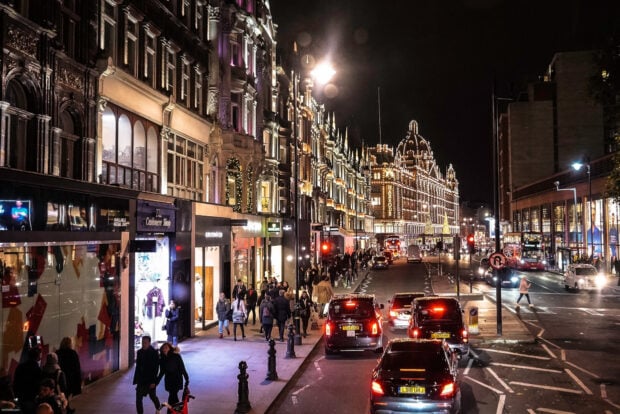Thai military relaxes its grip on power in new constitution

Thailand’s new constitution has received royal assent after nearly three years of military rule, paving the way to national elections.
The constitution includes new measures that limit the powers of future elected governments, including a fully-appointed senate and a legally-binding 20-year development masterplan devised by the ruling military junta.
Critics say it entrenches the army’s dominant position in Thai politics. After the May 2014 coup d’état, the military introduced martial law, a nationwide curfew and a ban on political gatherings.
King Maha Vajiralongkorn, who succeeded his father last year, signed the document and presented it to junta chief Prayut Chan-o-cha at a televised ceremony in Bangkok on 6 April.
The elaborate ceremony in the Ananta Samakhom Throne Hall took place on Chakri Memorial Day, a public holiday commemorating the establishment of the current royal dynasty in 1782.
Chan-o-cha pledged that elections will take place within 19 months of the ceremony and the government will prepare for them in “a smooth, transparent and just manner to mark a significant political change under the new constitutional provisions”.
A total of 10 bills based on the development masterplan will be presented to the Legislative Assembly for approval within the next eight months, Chan-o-cha said. The first four laws are a prerequisite for the elections, he added; once they have been enacted, the elections will get underway.
The new constitution was backed by a 61 per cent majority of voters in a referendum held in August last year. But in a surprise move earlier this year, the king requested changes that delete powers granted to a constitutional court in the event of a political crisis and remove a requirement to appoint a regent when he leaves the country. The 20-year masterplan was announced by the junta in March.
Once hailed as an Asian tiger economy, Thailand has endured a decade of political instability involving violent street protests, high-profile corruption cases, and two military coups.
Its central fault-line lies between the poor, rural supporters of deposed prime ministers Thaksin and Yingluck Shinawatra and the Bangkok business elite and middle class, who are backed by the military.
Analysts say the latest constitution marks a return to the system of “guided democracy” prevalent in the 1980s, when elected politicians were held in check by unaccountable bodies and bureaucrats.
Tyrell Haberkorn, a fellow of the Australian National University’s department of political and social change, told the BBC: “Despite claims by the junta otherwise, the new constitution creates a permanent place for the military in government and seeks to normalise their intervention.
“From start to finish – the drafting by a select group, the strict control of discussion of the draft and the last-minute amendments – the new constitution risks institutionalising authoritarianism rather than paving the way for democracy.”
The military has seized power 12 times since the end of the absolute monarchy in 1932, when the first of the country’s 20 constitutions was introduced.
For up to date government news and international best practice follow us on Twitter @globegov
See also:
Contractors outnumber civil servants in Australia’s defence department
Indian Supreme Court challenges former officials appointed as state governors
Australia’s government IT projects face scrutiny in new review





















